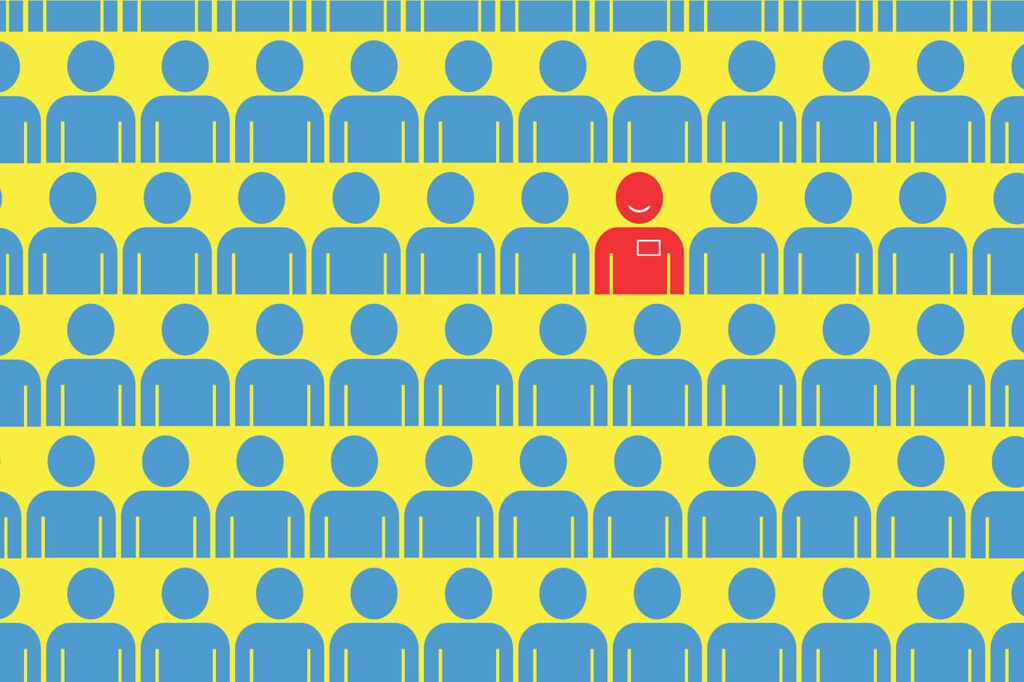As Thich Nhat Hanh once said, “sometimes your joy is the source of your smile, but sometimes your smile can be the source of your joy.” We’ve taken a deep dive into the world of toothy grins to explore some of the complex psychology and history behind smiling, and the impacts it can have on your happiness and how happy others perceive you to be.
Smiling is universally seen as a sign of happiness, but what if you’re just not feeling happy? Well, the answer might be to smile anyway, and you’ll find your spirits being lifted. You may have heard this sentiment before, and in fact studies on the impact that smiling can have on your mood have explored the theory for over 100 years, and the validity has been somewhat questioned. However, when researchers from the University of Tennessee, Knoxville and Texas A&M evaluated nearly 50 years of data on the topic, they found evidence to support the central claim that facial feedback (i.e. smiling) has a small influence on emotional experience. So if you’re feeling down and want to improve your mood, try smiling at yourself in a mirror to give yourself a boost.
Smiling is an easy way to tell if someone is happy, particularly if it’s a Duchenne smile (the really genuine ones that reach the eyes too), but what you may not know is that there’s evidence to suggest that smiles can be heard as well. In a 2008 study, researchers found that people were able to distinguish between different types of smiles based on audio alone. Study participants were asked a series of questions and instructed to give the same answer, no matter how unreasonable or ridiculous. The questions prompted a range of reactions from the respondents when coupled with the answer they had to provide, resulting in different facial expressions and types of smiles. These smiles were categorised and the second aspect of the study revealed that people could determine how someone was smiling based on how they sounded answering the questions. So if you’re about to make a phone call you’re dreading, or want to convey a cheerier tone as you speak, start by changing your facial expressions and try to exude that feeling through your voice as well as your face.
So, whether you’re nervous for an interview, having a bad day, making a ton of phone calls, or even just want to pick yourself up a little, try finding more things to make you smile.



